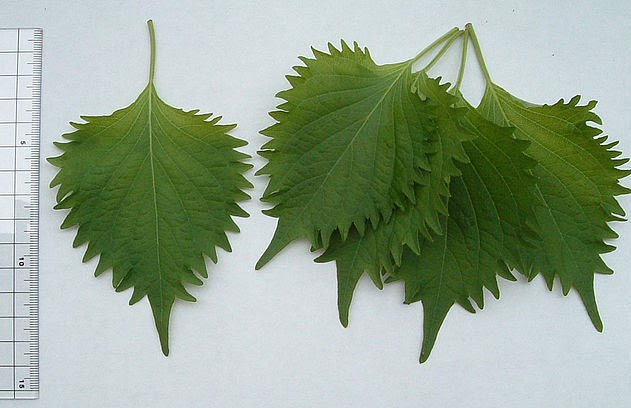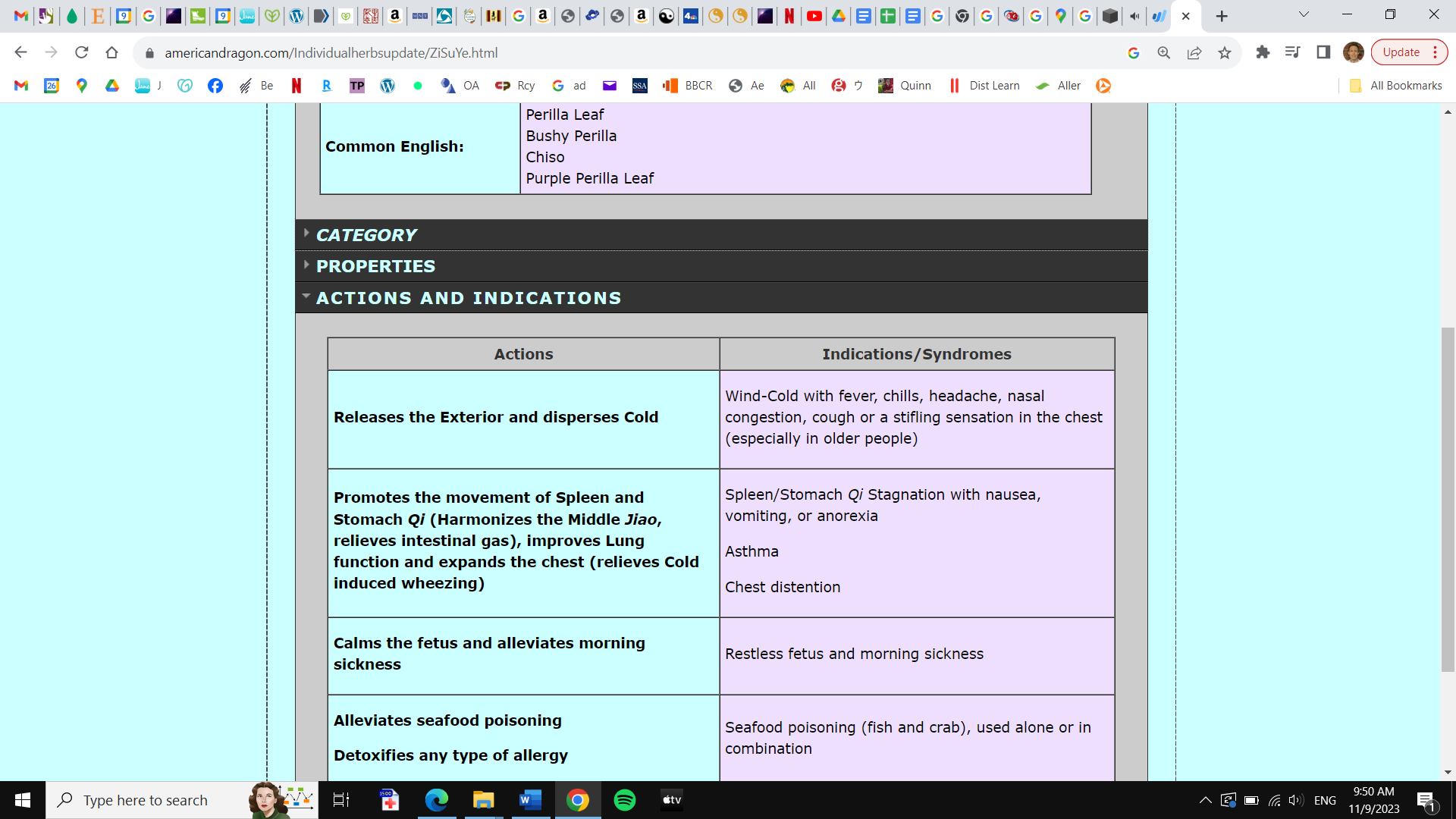

All best,
Bill


All best,
Bill
I'm always refreshing or adding to my knowledge base. Here is some recent course work:
Mastering Menstrual Diseases: Complete Program w/ the Excellent book "A Compendium of Chinese Medical Menstrual Disease" by Bob Flaws (May 2023)
Integreting Functional Medicine with TCM - Adrenal Fatigue (June 2023)
Integretating Functional Medicine with TCM - Thyroid Dysfunction (June 2023)
Integrative Breast Oncology: Memorial Sloan Kettering Cancer Center (June 2023)
As of Monday November 22nd I'll be back in my old office of many years above the Greek Taverna in Montclair @ 292 Bloomfield Ave 2F. Call or text for details or to schedule.
Hello Acupuncture and Herb Aficionados,
After 2.5 years of study, almost 900 hours in the classroom and clinic, and many, many more hours studying at home, I am now nationally certified by the NCCAOM and licensed in New Jersey. NJ is only one of 6 or 7 states that require a formal license for herbology.
I have been using herbs myself since I was in acupuncture school in 2002. I first studied basic formulas and commonly used patents with Anastacia White in 2010.
What I love about them is their power, safety, and time-tested appeal. Many of the formulas and herbs that are still used were recorded in 220 A.D. in Han Dynasty China. Like the Bible or Torah or other ancient text, these herbs and complex formulas have been continuously used, discussed, and modified since then. And of course now, in the context of modern medicine, there have been modifications and new insights applied. Some herbs and especially endangered animal substances have been banned and are no longer used by ethically-minded practitioners even though they might still be sought after by some consumers.
This medicine is very complex. I have been actively studying it for over 15 years. Some people have told me I'm a good student. And I am telling you, that you should not think of traditional East Asian herbal medicine as something easy to learn or apply. It is systematic, safe (in the hands of a trained practitioner), and usually very effective.
Don't hesitate to contact me with questions or to schedule an appointment.
After nearly 15 years of practice as an acupuncturist I am in school again studying Chinese Medical Herbology. If you think of acupuncture as working from the outside (a type of physical treatment that targets the nervous and endocrine system, muscles, lymph, tendons and bones) then Traditional Chinese Medicine (TCM) Herbalism is the treatment from the inside or herbal internal medicine. Both fields have a similar theoretical base in Han Dynasty China which was about 2000 years ago (221BC–206 AD). An acupuncturist in New Jersey has about 2500 (3 years - currently 2700) hours of schooling in theory, safety, bio-medicine and acupuncture and trigger point needling (dry needling) technique. The herbal program at the Eastern School adds to this 2 years and 870 hours of in-class (or in-clinic) training. With the hours spent outside of class studying the myriad herbs and formulas and case studies, you can see how it is a rigorous training.
One of the mis-conceptions that people have about a formally trained Acupuncture-Herbalist is that it is like going to Whole Foods and adding some turmeric to your diet for anti-inflammatory relief or taking some echinacea and vitamin C and zinc for a cold. While those might be helpful strategies to some degree it simply does not compare to what a TCM herbalist knows and diagnoses and treats. For example there are 4 different types of curcumin, or turmeric, in our materia medica. Yes, conventional turmeric, curcuma longa, has anti-inflammatory as well as anti-platelet effects. But traditionally it is not used if there is no "stagnation" or pain or numbness. That is, it is not used as a long term preventative strategy when there are no symptoms. And, as with almost all TCM herbs it is not used alone. It is used in combination with other herbs that strengthen the medical action but also hedge against side effects. This is a common TCM strategy. Another commonly prescribed type of turmeric is curcuma aromatica or "yu jin". We consider it better at helping emotional issues (calms the Shen) and is better for the type of patient that has "heat" in the "Blood" or "Gallbladder". And there is yet another type, curcuma zedoaria, or "e zhu" that we use more for menstrual pain and abdominal masses. It is considered very strong and not for patients with weaker constitutions.
Some of the herbs studied are cinnamon and ginger, common spices commonly used in cooking. But many are various roots and leaves and minerals that most people have never heard of. And once again, the method of diagnosing and applying the formulas is very complex and symptom- and disease- and constitution-specific.
The program at the Eastern School of Acupuncture and Traditional Medicine also includes a course in Chinese Nutrition Therapy. Most acupuncturist/herbalists have well-informed opinions about food therapy which don't always agree with the current trends in modern nutrition. There are ideas unique to Asian medicine which emphasize the thermal properties or "temperature" of different foods and how they might benefit one constitution but challenge another constitution.
I've written more than I expected on this beautiful Saturday morning in June... Don't hesitate to contact me with any questions.
All best,
Bill